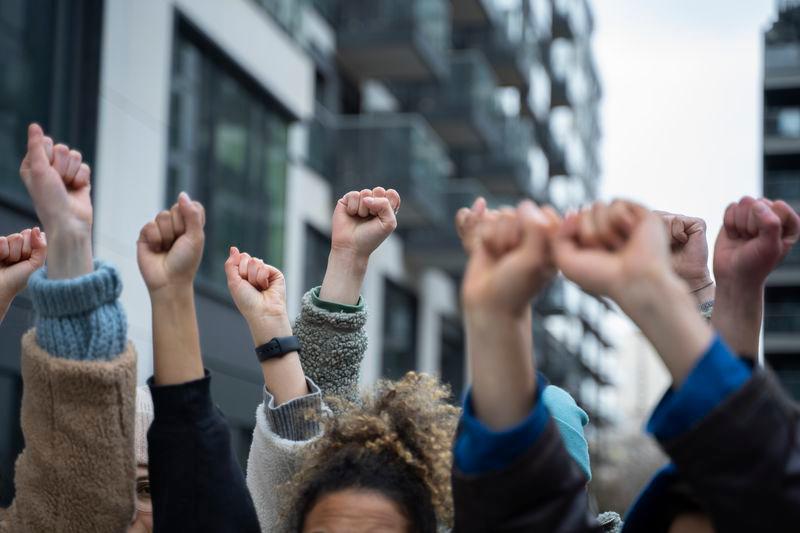MANY people in the country are outraged by the recent action taken by Meta Platforms Inc to remove a photo from Instagram that featured a meeting between Prime Minister Datuk Seri Anwar Ibrahim and Ismail Haniyeh.
This issue underscores the importance of protecting freedom of speech and expression.
These fundamental rights should never be subject to suppression or overly strict regulation.
People should be encouraged to speak up, and their freedom and right to express themselves should always be valued and protected.
Freedom of speech and expression is a basic human right, belonging to every individual across all countries.
Such essential freedoms should not be denied or severely curtailed. Instead, they should be embraced, as they bring significant benefits to society and the nation.
This raises the question: What about the use of the Sedition Act 1948 (Act 15), which has long been seen as a key law controlling freedom of speech and expression? Shouldn’t we be equally concerned about the use of this law?
The government should consider taking bold steps to examine or review all existing laws that have been enforced for a very long time and are deemed archaic, particularly those that restrict freedom of speech and expression.
If these laws are no longer relevant, they should be abolished entirely. According to a report released by Amnesty International in April, Malaysia continues to use restrictive laws to curtail freedom of expression and assembly.
The report highlights the shrinking space for freedom of expression in Malaysia, with increasing censorship, harassment, and restrictions on peaceful assembly.
Our country should no longer rely on laws that are outdated and unsuitable for the present environment.
Among the laws that deserve serious attention is the one that restricts individuals’ rights to speak and express themselves, such as the Sedition Act.
The government should examine the relevance and suitability of this legislation. They can either consider amending or repealing the Act entirely.
The political and administrative landscape of the country has undergone significant changes since the 14th general election in 2018 and the 15th general election in 2022, which have increased demands for more freedom of speech and expression, as guaranteed by the Federal Constitution.
People should be allowed to voice their critical views and ideas without fear of being investigated, arrested or prosecuted by authorities.
The ability to speak and express opinions is crucial if we want to see the country progress and become a global player.
This goal is difficult to achieve if we continue to enforce laws that restrict our ability to express our thoughts and ideas.
The Sedition Act, introduced by the British in 1948, the same year the autonomous Federation of Malaya came into existence, was intended to address the problems and issues arising during that period, particularly the Communist insurgency.
This law remained in effect after the country gained independence in 1957 and after the formation of Malaysia in 1963.
The Act is still in use today and although several efforts have been made to review this law in the past, it remains operative in its original form.
Freedom of speech and expression is enshrined as a basic human right under Article 19 of the Universal Declaration of Human Rights 1948 (UDHR) and is recognised in international human rights law through the International Covenant on Civil and Political Rights 1966.
Article 19 clearly states that “everyone has the right to freedom of opinion and expression, this right includes freedom to hold opinions without interference and to seek, receive, and impart information and ideas through any media and regardless of frontiers”.
This freedom is also protected under our Federal Constitution, with Article 10(1)(a) explicitly stating, “Every citizen has the right to freedom of speech and expression.”
This clearly shows that freedom of speech and expression exists, and is legally protected by both international conventions and our own country’s constitution.
No one should be denied their freedom of speech and expression.
Although there are limitations to these freedoms, it does not mean that people should be entirely silenced or discouraged from expressing their critical views and ideas openly.
Those in power should not use these limitations as an excuse to maintain or create laws that discourage people from speaking freely and expressing themselves.
Muzaffar Syah Mallow is an associate professor at the Faculty of Syariah and Laws, University Sains Islam Malaysia.
Comments: letters@thesundaily.com









